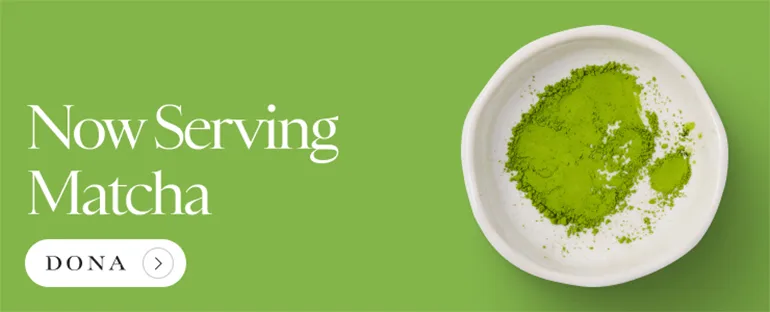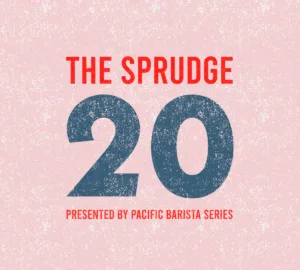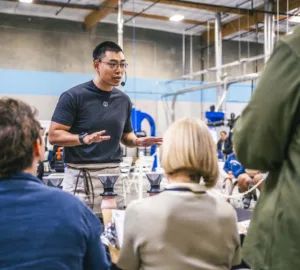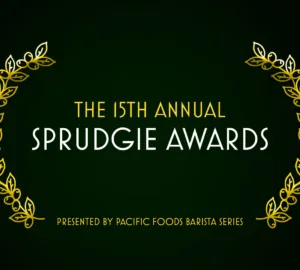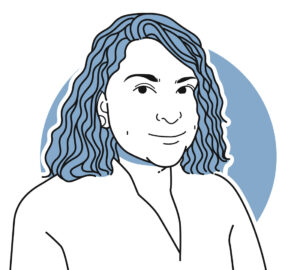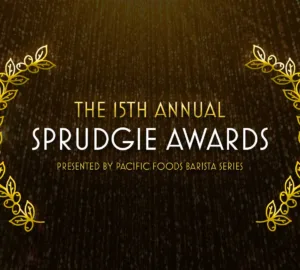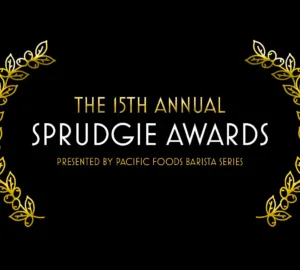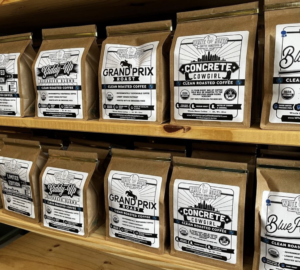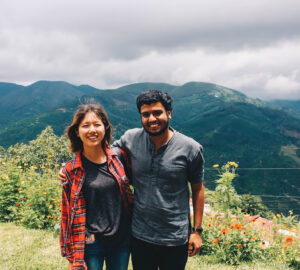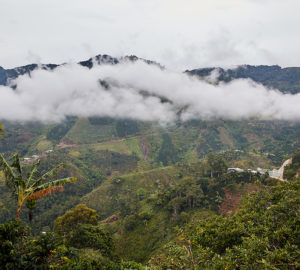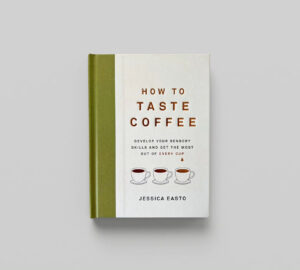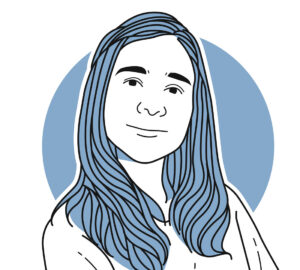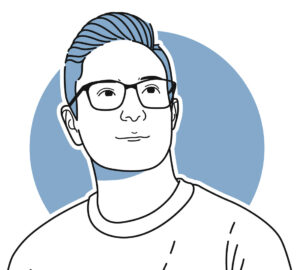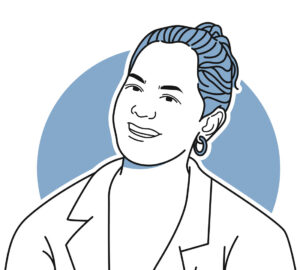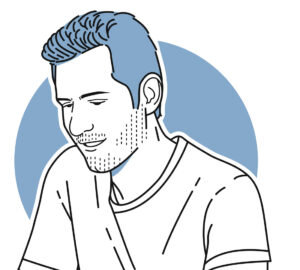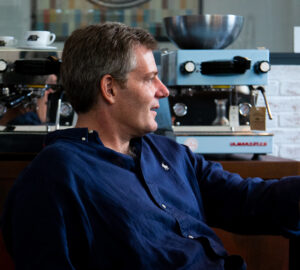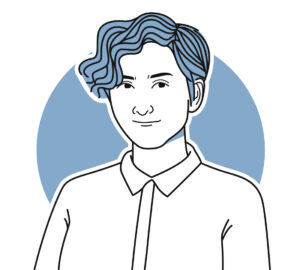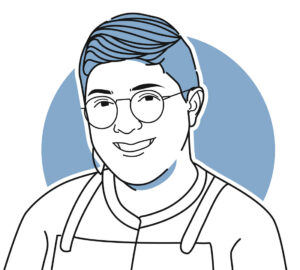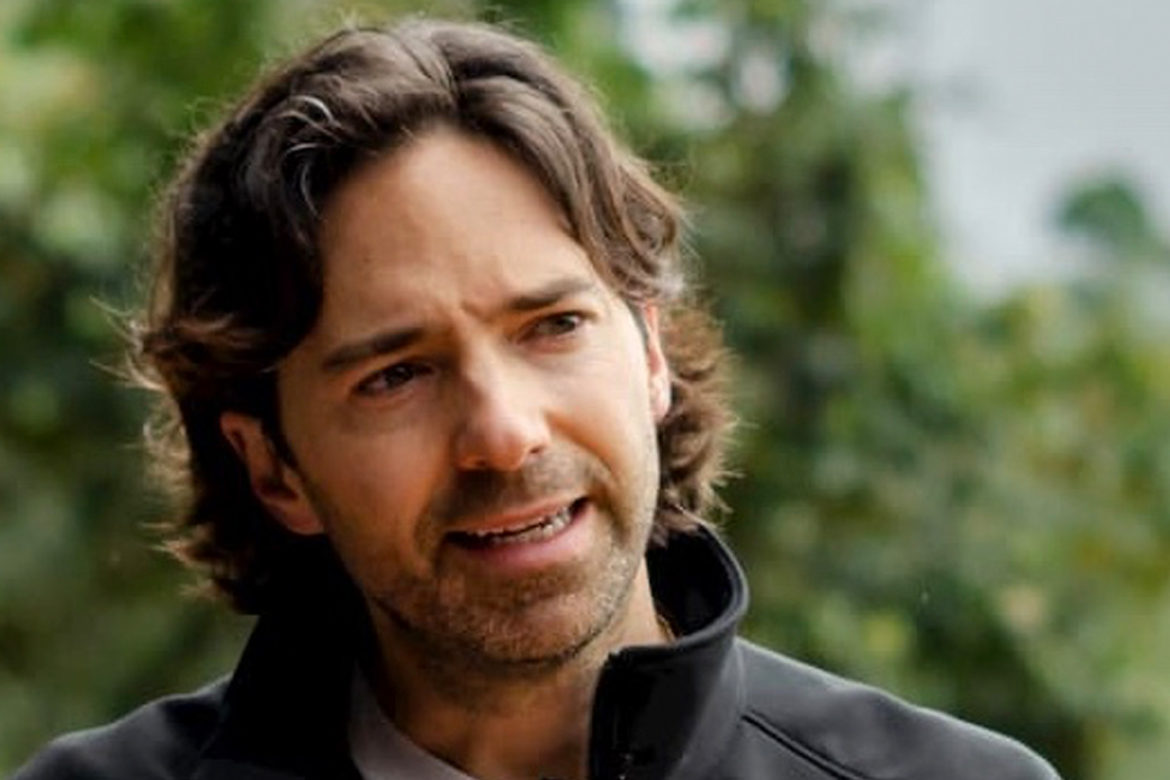
Welcome to The Sprudge Twenty Interviews presented by Pacific Barista Series. For a complete list of 2020 Sprudge Twenty honorees please visit sprudge.com/twenty.
“I would like to nominate Felipé [Sardi] because first, he is a great human. He shares his knowledge and he is very open to sharing his experience. His farm is following sustainable processes and a permaculture system. The farm is admirable. He is taking a big part in his community with the neighbors and crops program, and in the process changing the processes and quality in the Cundinamarca region. He also participates in the Glitter Cat Project providing coffees. He is a big actor in specialty coffee in Colombia and tries at maximum to make the community and the share of knowledge in the first place.”
Nominated by Clementine Labussiere.
Sprudge: What issue in coffee do you care about most?
Felipé Sardi: Diversified income sources in coffee farms. I’m concerned small-scale coffee farmers’ income and production systems depend on a single crop, and my dream is that by implementing a holistic approach, we may work with small-scale coffee farmers and their families to guarantee environmental protection and income diversification while maintaining high-quality production of agricultural goods around the world.
What cause or element in coffee drives you?
The amazing connection between community and nature achieved through coffee.
What issue in coffee do you think is critically overlooked?
Unsustainable coffee-farming practices around the world are still the norm. In today’s system, coffee farmers have been encouraged, and eventually left with no option other than producing monocultures. Farmers who are able to work with nature and diversify their crops, not only transition from an external input-dependent stage into a self-sufficient stage where autonomy is gained but also participate in value-added markets, profiting from higher prices that help them achieve economic stability and long term prosperity for their families and for the ecosystems they maintain.
What is the quality you like best about coffee?
Its complexity.
Did you experience a life-changing moment of coffee revelation early in your career?
Yes, I did. It was 2008 and I lost everything I had to an unsuccessful coffee-trading business, and still, I felt a desperate need to go back to coffee. I needed to return to the coffee industry and try again. That’s when I realized it was already a part of me, I was in love with coffee and everything related to it, and there was no escape for me. I’m happy I kept trying.
What is your idea of coffee happiness?
A healthy coffee tree sitting under the shade of a biodiverse food forest, producing happiness all around.
If you could have any job in the coffee industry, what would it be and why?
I would love to continue being a coffee producer. As a producer I am constantly in contact with nature, working with and for it, and enjoying every minute of my day.
Who are your coffee heroes?
Small-scale coffee farmers around the world.
If you could drink coffee with anyone, living or dead, who would it be and why?
Adolfo Aristizabal, my great grandfather. He was a coffee exporter in Colombia back in the ’40s. He was born to a poor family in Antioquia and dedicated his life to promoting Colombian coffee and supporting our industry. Those were hard times back then; I’d love to drink a coffee with him and listen to his life’s story.
If you didn’t work in coffee what do you think you’d be doing instead?
I would probably be a biologist.
Do you have any coffee mentors?
Yes. My friend Ruben Sagastume from Jacksonville, Florida.
What do you wish someone would’ve told you when you were first starting out in coffee?
Beware of the market’s uncontrollable volatility.
Name three coffee apparatuses you couldn’t do without.
Cupping Spoon, V60, Comandante grinder.
Best song to brew coffee to at the moment.
Chan-Chan – Cuban Son
Where do you see yourself in 2040?
Living on a coffee farm somewhere in the coffee world.
What’s your favorite coffee at the moment?
What do you see as coffee’s role in the ongoing struggle for civil rights and racial equality?
Diversity is a strength, not a threat, and nowhere is this more true than in nature itself. In forests around the world, and especially in coffee polycultures, or ecosystems where coffee grows along with many other species, you will find proof of this. As coffee producers, our role in the ongoing struggle for civil rights and racial equality should be to inspire communities around the world by applying sustainable growing practices that work with nature and promote gender and racial equality; using DIVERSITY as a strength and a tool to prosper. Sustainable coffee production can become a driver of change towards an inclusive community both at origin and abroad.
Are there any activists, authors, public speakers, or experts you’d like to encourage our readers to engage with?
Yes! In line with my previous answer, for those interested in agroecology (Ecological processes applied to agricultural production systems), I would recommend reading Miguel Altieri. He’s a controversial and noted agroecologist who writes about transformational shifts in farming practices, communities, and politics, aiming for a more equitable world.
How has the COVID-19 pandemic impacted you personally and professionally?
These are undeniably hard and unprecedented times for our community. We understand that all people in our industry are faced with many challenging decisions that have an impact on today and tomorrow, and our team shows full empathy with each and every one of you. In Colombia, the spreading of the virus has already reached over 100,000 people and the country has gone into a quarantine phase until the end of July. We still have chaotic weeks ahead. Thus, the particular characteristics of the coffee growing industry in Colombia make all efforts extremely demanding: -Traditional coffee growers in our region are, on average, 65 years old. They were already a vulnerable population before COVID-19 and are now facing labor shortages and market uncertainty. -The rural areas where coffee is grown are the ones with the least infrastructure and access to decent health systems. It will be a challenge for people in these areas to cope with the Coronavirus crisis. -Implementing rigorous protocols of cleanliness and hygiene among the cherry-picking population and people in charge of transportation is absolutely necessary, but already has and will continue to increase harvest costs across Colombia’s coffee-growing regions significantly. -As you all know, the financial situation of most small-scale coffee farmers in Colombia and around the world was already precarious, and we fear that the economic impact of this pandemic will further threaten their food security through speculation across global supply chains.
Is there any donation fund or resource in your community we can share with our readers?
We don’t have a donation fund or a specific resource set in place, but we do have a simple request: for those clients and friends out there who can continue to support our Neighbors & Crops project this year, please do. Despite the risks associated with launching a new harvest campaign at La Palma & El Tucan under the current COVID-19 crisis, especially considering the market’s vulnerability and the indisputable decrease in demand across the world, we have decided to continue buying coffee cherry from small farms. We have decided to continue supporting all small-scale coffee-growing families who belong to our Neighbors & Crops Program and who have believed in us from the very beginning. We decided that this year our aim is to help our community achieve financial stability, even if it comes at an economic loss for our company. With this said, it’d be a great help to see buyers support our program and secure some great Neighbors & Crops coffees.













